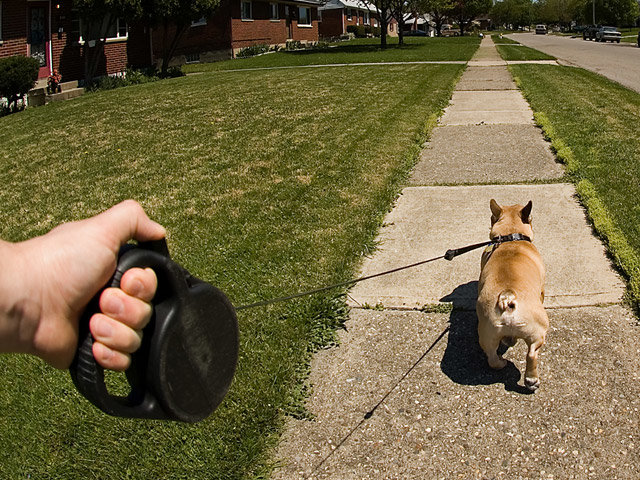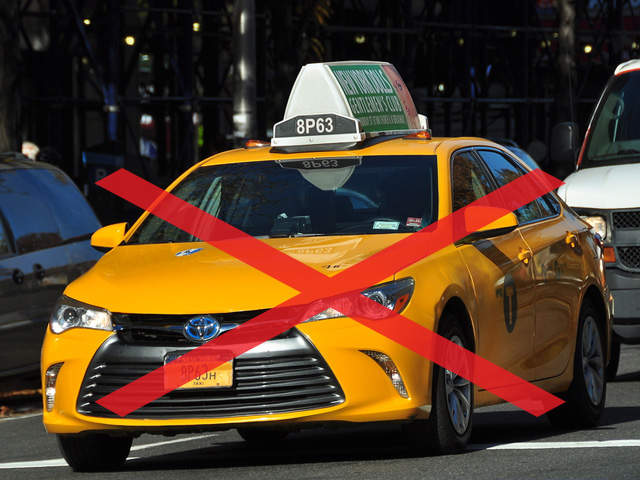I do like it, I did like it... (B1)
Emphatic DO (319)
Zdůraznění pomocí slovesa DO
You do look amazing in that new bikini!
|
You do look amazing!
|
|
You really look amazing!
|


Pokud chceme zdůraznit děj, můžeme často použít DO/DOES/DID + infinitiv (own, work, get...):
|
I didn't believe that he had a Porsche, but he does own it (= it's true that he owns it).
|
|
He did work (= He actually worked) as a professional football player.
|
|
Do get to know him (= You really should get to know him), he's a nice guy.
|
Zdůraznění pomocí DO/DOES/DID se týká:
- Kladných oznamovacích vět v přítomném čase (He does own it.)
- Kladných oznamovacích vět v minulém prostém čase (He did work.)
- Rozkazovacích vět (Do get to know him.)








Mluvená angličtina a překlad zdůrazněných vět:
- DO/DOES/DID vyslovujeme silně (= s přízvukem).
- DO/DOES/DID překládáme podle kontextu obvykle jako – opravdu; vážně; skutečně nebo fakticky.
I do think we should go by train. It's much more comfortable.
| I do think... |
| I really think... |
| I truly think... |


You didn't buy me a coffee, did you? – We did buy it, there you go!
|
We did buy it.
|
|
Actually, we bought it.
|


He does play = he really plays
Klasické nezdůrazněné věty:
| Přítomný čas | Minulý čas |
|---|---|
|
He plays soccer.
|
He played soccer.
|
|
Does he play soccer?
|
Did he play soccer?
|
|
He doesn't play soccer.
|
He didn't play soccer.
|
Pomocí DO v kladných oznamovacích větách vyjadřujeme, že něco opravdu platí (= silné přesvědčení). Porovnejte:
| Nezdůrazněná věta | Zdůrazněná věta |
|---|---|
|
He plays.
|
He does play.
|
|
He played.
|
He did play.
|
Nikoliv: He does PLAYS.; He did PLAYED.
Harry never takes Dexter for a walk. – That's not true, he does take him out!
|
He does take him out!
|
|
On the contrary, he actually takes him out!
|


Although it may not always be obvious, they do love each other very much.
|
They do love each other.
|
|
They truly love each other.
|


I do play, he does play...
Děj v přítomném prostém čase zdůrazníme přidáním DO/DOES před infinitiv:
|
We do enjoy travelling together. (= We really enjoy...)
|
|
If you do follow your heart, I don't think you can go wrong. (= If you truly follow...)
|
|
Look at Arnold's muscles, he does work out a lot. (= He indeed works out...)
|
I thought Erica was just making it up, but she does have a Ph.D.
|
She does have it.
|
|
She really has it.
|


You don't eat meat, do you? – I do eat meat! I can't even imagine being a vegetarian.
|
I do eat it.
|
|
Actually, I eat it.
|


I did study, he did play...
Děj v minulém prostém čase zdůrazníme přidáním DID před infinitiv:
|
I did study for the exam. However, it was harder than I expected. (= I truly studied...)
|
|
When Robert was your age, he did chase girls as much as you do now. (= He indeed chased...)
|
Why didn't you reply to my email? – I did reply. Look, it's in your spam box.
|
I did reply.
|
|
In fact, I replied.
|
|
Actually, I replied.
|


We did tell them to take a taxi to the airport, but they didn't listen and missed the plane.
| We did tell them... |
| We really told them... |


I do do, he does do...
Věty s významovým slovesem DO (dělat) mají tvary DO DO/DOES DO/DID DO:
|
Do do it before the end of the week.
|
Rozhodně to udělejte do konce týdne. |
|
It seems like my boyfriend does do well with kids.
|
Zdá se, že můj přítel to s dětmi opravdu umí. |
|
Ashley did do a great job, but unfortunately after the deadline.
|
Ashley opravdu odvedla skvělou práci, ale bohužel až po uzávěrce. |
Do you really drink this tea every morning? – Yes, I do do that.
|
I do do that.
|
|
I really do that.
|


Do be careful! Do hurry up!
Pomocí DO můžeme zdůraznit rozkazovací věty (rozkazy, žádosti apod.):
|
Do be careful when you climb up the mountain.
|
Při výstupu na horu si dávejte velký pozor. |
|
Do hurry up, otherwise you will miss the bus.
|
Pospěš si, nebo zmeškáš autobus. |
|
Do help yourselves to another dessert.
|
Dejte si další zákusek. |
|
Do sing for us, Peter! Everybody's waiting for it.
|
Zazpívej nám, Petře! Všichni na to čekají. |
Toto použití DO je v současné angličtině poměrně formální a zastaralé.








I am, I can, I must...
Zdůraznění pomocí DO/DOES/DID nelze použít se slovesy typu BE, CAN, MUST. U těchto sloves přidáme důraz jejich silným vyslovením:
|
I AM looking forward to it. (= I am really...)
|
|
He HAS been trying hard. (= He truly has been...)
|
|
We CAN help you. (= We definitely can...)
|
|
You MUST let me know soon.
|
|
You SHOULD buy these jeans.
|








Well done! I can see your English has improved a lot.
|
It has improved.
|
| It does have improved. |


Zdůraznění pomocí slovesa DO (emphatic DO) – nejdůležitější body a tip na závěr:
- Pomocí DO běžně zdůrazňujeme (I do like it. = I really like it.).
- DO se nedá použít se slovesy typu BE, CAN, MUST.
